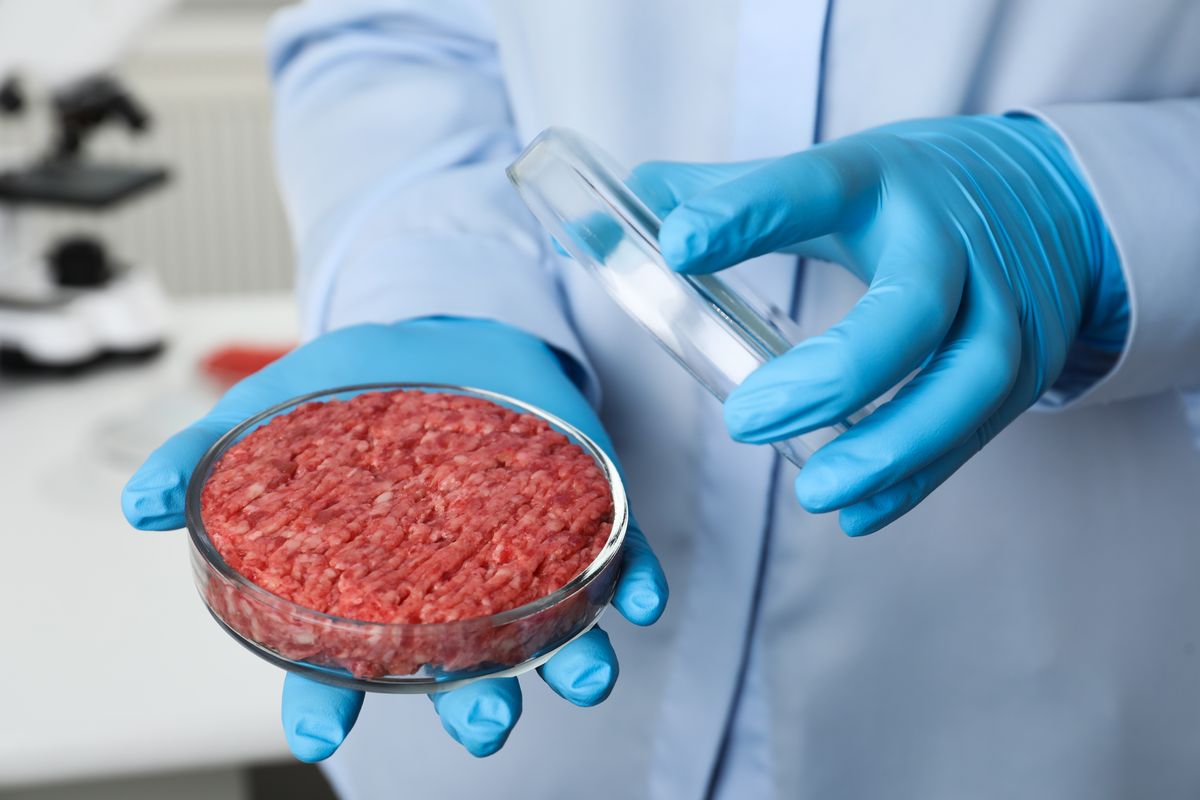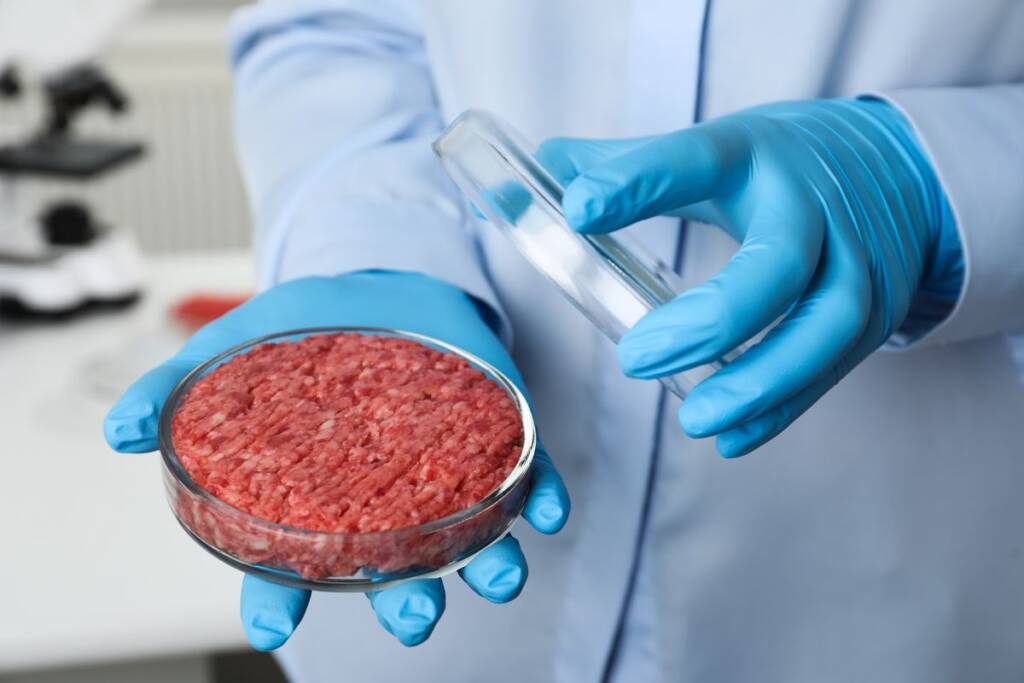Food
What is synthetic meat: pros and cons of the new alternative to meat

Synthetic meat: the pros and cons of the most discussed alternative to meat in Italy. Everything you need to know.
Recent decisions at the government level have reopened the debate on synthetic meat. What is it about? Of a food product that is becoming increasingly popular all over the world, created in the laboratory from animal cells, without having to kill the animals themselves. Synthetic meat, also called cultured meat, was developed to address growing concerns about animal welfare and the environmental impact of factory farming. Furthermore, synthetic meat could represent a solution for the growing global demand for proteins. But does it really have that many advantages? And what are the possible cons of its consumption? Here's what you need to know.
Synthetic meat: what it is and what advantages it has
Synthetic meat, also called cultured or artificial meat, is a type of meat produced in the laboratory from animal cells or muscle tissue through in vitro cyto/histological agriculture techniques. It is considered a valid alternative to conventional meat because it involves a production process that does not require the killing of animals. It has attracted great interest in the scientific community in recent years and has the potential to revolutionize the food industry.

Synthetic meat is produced through a process called cell culture . In practice, some cells are taken from an animal and cultivated in the laboratory in order to make them multiply and form muscle tissue. These tissues are then combined to form meat. As regards its advantages, compared to traditional meat, first of all, it does not require the breeding of animals and therefore it does not involve their sacrifice. It also requires less water and less land than traditional farming, thus reducing the environmental impact. Finally, it could represent a solution for the growing global demand for proteins .
Cultured meat: the cons
All roses and flowers, then? Obviously not. Even cultured meat has its shadows, which is why the debate is bound to remain open. One of the main disadvantages of consuming synthetic meat is the high cost of production, which is reflected in the final price of the product. Furthermore, currently meat still has a different taste and texture than conventional meat, which could affect its acceptance by consumers.
Finally, there are those who argue that the use of large quantities of energy and water during the production process could have a negative impact on the environment. However, the effects of environmental impact depend on the comparison with livestock farming and have not yet been fully studied.
And what about our health? Currently there is no concrete evidence that definitively demonstrates any disadvantages on human health deriving from the consumption of synthetic meat. However, as the technology behind the production of this food is still very recent, experts recommend caution , as more long-term studies may be needed to fully evaluate all effects on human health.
Riproduzione riservata © - WT











